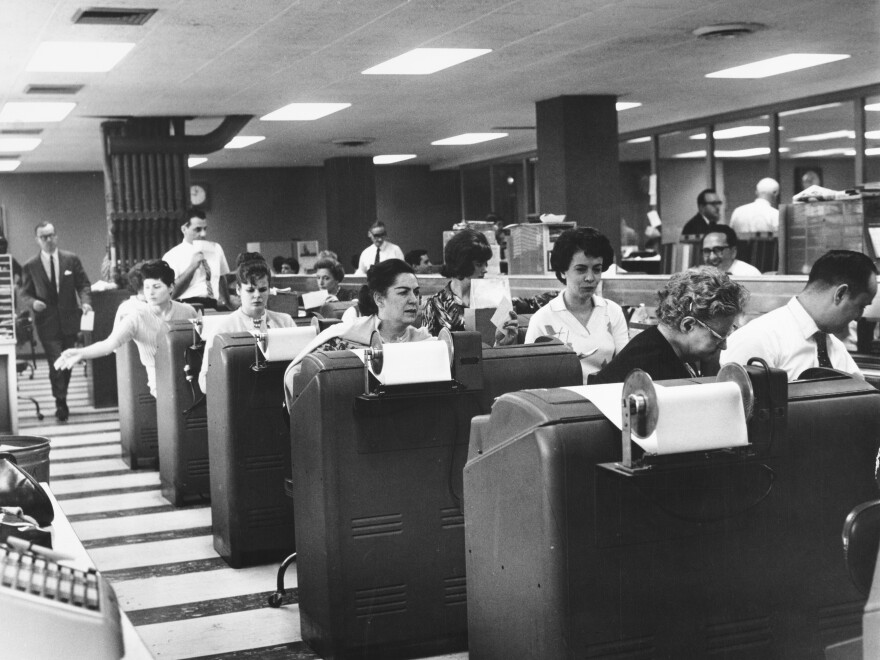Equal Pay Day has come around again, and it feels a little like Groundhog Day.
Despite the annual reminder about how far into the new year women have to work to earn as much as men made the previous year, the wage gap remains persistent.
Women working full time, year-round earn 84 cents for every dollar men make, inching up from 83.7 cents last year, according to the latest numbers from the Census Bureau.
But that amount falls to 78 cents when you include seasonal and part-time workers, who account for roughly a third of women in the U.S. workforce, according to the National Partnership for Women & Families. That results in a difference of $11,450 in earnings over the course of a year, based on median annual pay, the group found. For women of color, the pay gap is even bigger.
"Women's labor force participation is the highest it has been in decades, and the gender pay gap is the narrowest it has ever been on record. Yet, despite this progress, the fight for equal pay continues," stated President Biden in a proclamation released Monday by the White House ahead of Equal Pay Day.
Education doesn't level the playing field
It's not a matter of education, the National Partnership for Women & Families found through its analysis of Census Bureau data. Women with master's degrees earn 72 cents for every dollar earned by men with the same degree, and they earn less than men with bachelor's degrees. Women with associate's degrees earn less than men with only high school diplomas.
Half of respondents to a 2022 Pew Research Center survey said they believe a major reason for the enduring wage gap is that employers treat women and men differently. More than 40% pointed to women making different choices about work and family.
Narrowing the gap
Meanwhile, the White House has focused attention on yet another driver of the gender pay gap: the differences in the types of jobs and sectors where men and women typically work. The Biden administration has moved to narrow that gap through a number of initiatives, including encouraging employers in high-demand fields like construction to recruit more women, as well as requiring semiconductor chip manufacturers that want federal grants to ensure child care is accessible and affordable.
Women in leadership positions have been making steady progress in growing their numbers. Last year, the Fortune 500 CEO list included a record 52 women, up from 44 the year before. For the first time ever, women led just over 10% of Fortune 500 companies.
Copyright 2024 NPR. To see more, visit https://www.npr.org.



